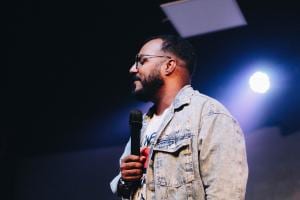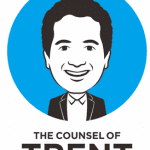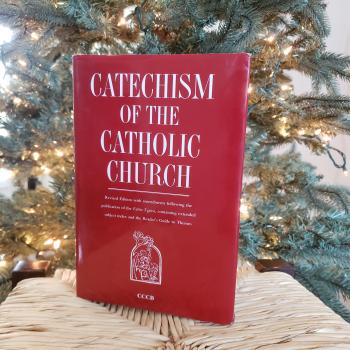As society becomes more aware of autism, many of us are being diagnosed as adults. As priests or ministers, this changes our ministry. I’ve spoken before about how this changed my ministry. Others, like Dr.Lamar Hedwick and the priest behind the AspiePriest blog, have talked about how an autism diagnosis changed their ministry. Last week, a Baptist site carried the story of another pastor. Jim McCaffrey spoke about his diagnosis in his 30s in 2017. He was already a pastor of a Church in Maryland at the time.
As I began to research the different symptoms and experiences that I had gone through, it was the grace of God that led me to an article in Christianity Today. It was the personal story of Lamar Hardwick, a pastor in Georgia who discovered at age 36 that he was on the autism spectrum.
I must have read that article 10 times, each time more intently. What Lamar wrote, to a large extent, could have been my story.

He describes his own diagnosis:
The search for a diagnosis helped us understand why I have struggled to keep jobs and relationships throughout my life. After many tests, the day came to find out the results and to see if my research and assumptions were indeed correct. On Oct. 2, 2017, when I was 36 years old, my psychologist confirmed my belief: I was on the spectrum. […]
Putting a name or diagnosis to my struggles has helped me understand my strengths and weaknesses and how to adjust and plan so that I won’t continue the cycle of lost jobs and hurt relationships.
An autism diagnosis was not the end:
Putting a name or diagnosis to my struggles has helped me understand my strengths and weaknesses and how to adjust and plan so that I won’t continue the cycle of lost jobs and hurt relationships.
There are days that I feel that having autism is a blessing, but there are also days where it is difficult and I wish that I wasn’t on the spectrum. However, I have come to recognize that God can use an individual in awesome ways despite their struggles and difficulties. In John 9, Jesus encounters an individual who was born blind. Jesus ends up giving him sight, and much debate occurs on why the man was born blind. In verse 3, Jesus says, “It was not that this man sinned, or his parents, but that the works of God might be displayed in him.”
He describes some ways it has changed his ministry:
My church has also begun to focus intently on reaching the disabled and special needs community. We even hosted the annual end-of-year party for the Baltimore County Special Olympics team. More individuals with disabilities have become integrated into our weekly youth night, and we seek to find ways to incorporate those with special needs into the life of the church, finding opportunities to use their spiritual gifts to serve God and love the members.
We are a small church with limited funds, but it really does not take much to reach out to a largely unreached group with the love of Jesus. I would encourage every church to find out how they can bless and be blessed by loving the ones that society so often marginalizes. After all, Jesus calls us in Luke 14:21 to “Go out quickly to the streets and lanes of the city, and bring in the poor and crippled and blind and lame.”
I think this story is similar to many of us when we were diagnosed. I personally am open to get more involved in disability ministry like this. For me, a diagnosis moved me towards a more academic track of priesthood. A diagnosis is not the end but the beginning of a new path. I think pastor Jim is an example of moving forward after an autism diagnosis.
Note: Please support me on Patreon to keep writing more about Catholicism and autism.












